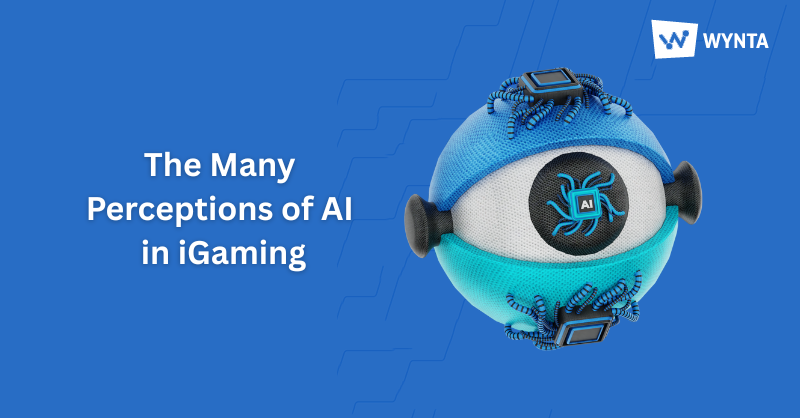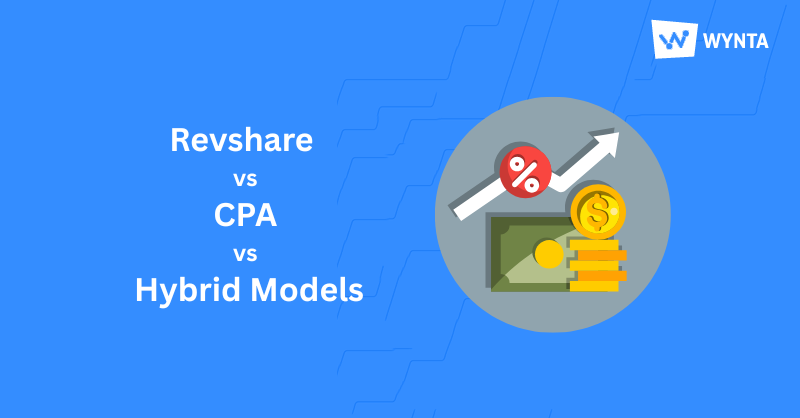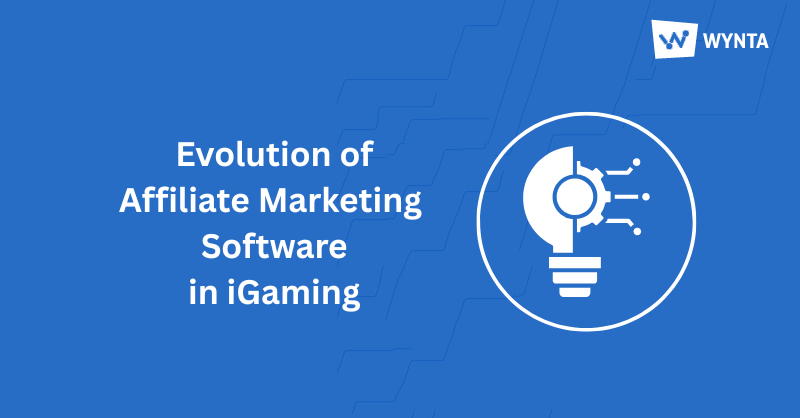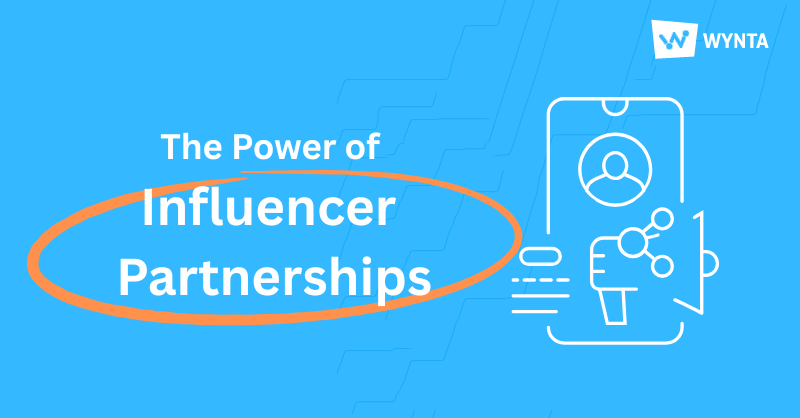
In the iGaming industry, known for its rapid innovation, fierce competition and strict regulation, AI is increasingly being integrated into everything from fraud detection to player personalization. One area seeing notable transformation is affiliate management software like Wynta. As operators and affiliates search for smarter ways to scale, track and optimize partnerships, AI is stepping up as a game-changer. Yet, depending on geography, regulation and maturity of the market, the perception and implementation of AI in affiliate management varies widely.
The Global Landscape: A Patchwork of AI Adoption
While some markets embrace AI as an essential tool, others remain skeptical or constrained by legal ambiguity. Let’s explore how the usefulness and perception of AI in affiliate software differs across key regions:
Europe: Cautious Optimism Meets Regulatory Rigor
Europe remains a mature iGaming market, with a heavy focus on responsible gambling and compliance. Operators here are generally cautiously optimistic about AI in affiliate management. In countries like the UK, Malta and Sweden, AI is valued for its ability to automate performance tracking, flag suspicious traffic and enforce compliance rules across affiliate campaigns.
However, due to GDPR and local data protection laws, there’s concern over how AI models handle personal and behavioural data. European operators tend to adopt AI-enhanced tools that maintain transparency and audit-ability. Rather than going full automation, many prefer “AI-assisted” affiliate platforms that provide insights but allow humans to retain decision-making control.
North America: A Data-Driven, Growth-Focused Approach
With the expansion of legal online betting in the US and Canada, North America is witnessing a gold rush of affiliate activity. Here, the perception of AI is overwhelmingly positive, largely driven by the American tech ecosystem’s openness to data science.
Affiliate managers in the US often prioritize AI’s role in:
- Real-time traffic scoring
- Predictive analytics to forecast high-LTV players
- Dynamic commission modeling based on AI-learned behaviors
Given the vast, fragmented state-by-state regulatory framework in the U.S., AI is also appreciated for simplifying compliance mapping and automating reporting for regulators and internal teams.
Asia and Emerging Markets: Skepticism Meets Potential
In jurisdictions like India and Southeast Asia, the affiliate ecosystem is still growing. There’s genuine excitement about AI’s potential, but technical literacy, infrastructure limitations and inconsistent regulation can slow adoption.
Many affiliate teams here are more comfortable with traditional tools or hybrid models that offer a clear return on investment without requiring advanced data inputs. However, as local operators scale and seek better ROI from affiliate programs, AI-based tracking and fraud detection tools are beginning to gain traction.
In gray or less-regulated markets, AI also raises ethical concerns: Can models trained on global data be trusted locally? Will automation lead to less transparency or more predatory marketing?
Perception vs. Reality: Key Challenges to AI Adoption
Despite the clear benefits, AI still faces several perception hurdles in affiliate management:
- “It’s too complex.” Many teams feel AI is only for data scientists or large operators. In reality, modern platforms aim to embed AI insights into user-friendly dashboards.
- “It’s a black box.” Trust is key. Unless platforms are transparent about how AI makes decisions, affiliate managers hesitate to rely on it
- “It replaces human judgment.” Most AI in affiliate software is designed to augment, not replace. It surfaces patterns and predictions but humans still approve actions.
The Future: Human-AI Collaboration is the Sweet Spot
Across the iGaming world, the most successful affiliate programs of the future will likely blend AI’s analytical power with human strategic thinking. Operators will lean on AI for real-time decision support, fraud mitigation and partner optimization but the ultimate call will rest with affiliate managers who understand market nuances.
Vendors that offer modular AI capabilities, regional compliance alignment and intuitive reporting will gain an edge especially in emerging markets where education and onboarding are key.
Final Thoughts
The usefulness of AI in affiliate management is no longer a question of “if” but “how.” While perceptions vary by geography and maturity, one truth holds globally: in an industry as dynamic and data-rich as iGaming, AI offers unmatched leverage—but only when paired with transparent tools, human supervision and strategic application.
As AI matures and iGaming expands into new territories, perceptions of AI in affiliate management are rapidly shifting from novelty to necessity. At Wynta, we’re not just keeping pace with this transformation, we’re leading it. With a clear focus on innovation and usability, we’re positioning ourselves at the forefront of AI-driven affiliate management. Our goal is simple: to help operators and affiliates unlock the full potential of their programs through smarter, faster and more strategic tools.
In a rapidly evolving industry, Wynta is committed to turning AI from theory into competitive advantage. The future is here, and we’re already building for it. Curious to see what that looks like? Request a demo today!


